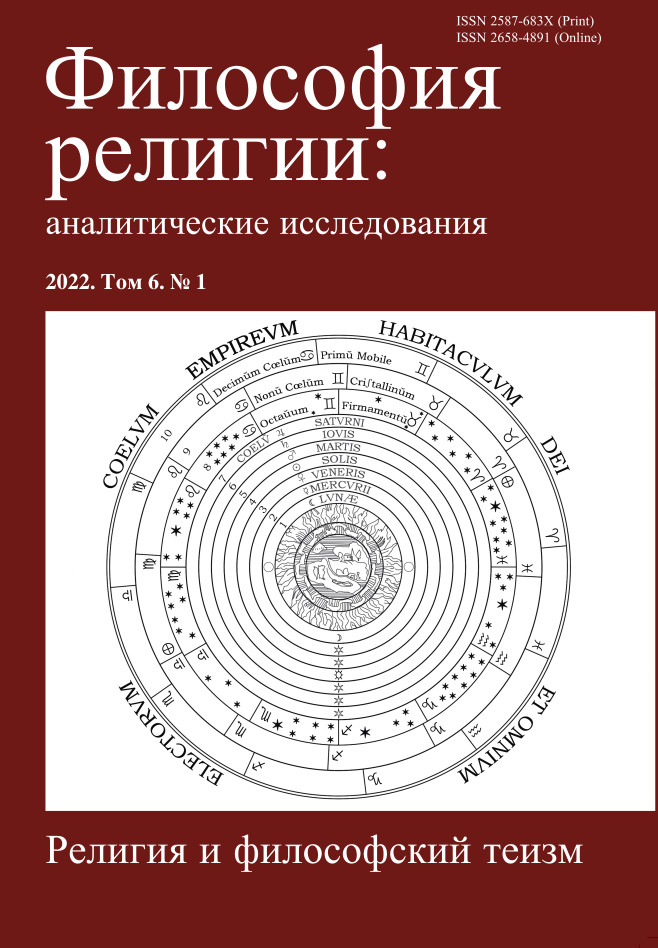“Philosophy as the Handmaid of Theology” in India: Šaňkara and the Initial Sūtras of Vedānta
DOI:
https://doi.org/10.21146/2587-683X-2022-6-1-125-146Keywords:
theological practice, polemics, revelation, apology, the Vedas, Advaita-Vedānta, the Nāstikas, Brahman, Ātman, ChristianityAbstract
Can and may the notion of theology be implemented in the interreligious context, even where the very term theology is unavailable, and if so, to which extent? Given that we lack anything comparable to the concepts of θεολογία or kalām in India, the author of the article demonstrates that the very “theological practice” did take place in India, though not in the same format as, for example, in Neo-Platonism, i.e. as metaphysics. The author demonstrates how Šaňkara (7th–8th A.D.) presents the correlation between the sacred authority (the Vedas) and a rational discourse (logical inference) and concludes that while the founder of Advaita-Vedānta considers the Upanişads as the primary and most reliable source of knowledge of the Divinity, world and man, the rationality that does not contradict them should accomplish two services, elucidating and defending of what is transmitted by them (a translation from Sanskrit of Šaňkara’s comments on the three prolegomenic sūtras of Vedānta are attached to the article). The parallels with the theistic theologies culminate in Šaňkara’s statements that the acquisition of the highest good necessitates repudiation of false philosophical doctrines (those of the materialists, Buddhists, Sāňkhyas, etc.) and in his understanding of the Vedas as the words of the Divine Author (in the obvious contradiction to the view of the Mīmāňsākas for whom their authority is ‘underwritten’ by the absence of their author). The parallels with Christianity come to the end in the difference of understanding of the very “matter” of what is being revealed: while the basic Christian doctrines (beginning with the doctrine of Holy Trinity) can be characterized as surpassing the reason, what is revealed by the Upanişads are quite understandable verities of panentheistic worldview. The investigation undertaken in the article may very well set a prospect for dealing with theology as an intercultural reality.Downloads
Published
2022-04-19
Issue
Section
TEXTS AND INTERPRETATIONS
How to Cite
“Philosophy as the Handmaid of Theology” in India: Šaňkara and the Initial Sūtras of Vedānta. (2022). Philosophy of Religion: Analytic Researches, 6(1), 125-146. https://doi.org/10.21146/2587-683X-2022-6-1-125-146

 This work is licensed under a
This work is licensed under a 
